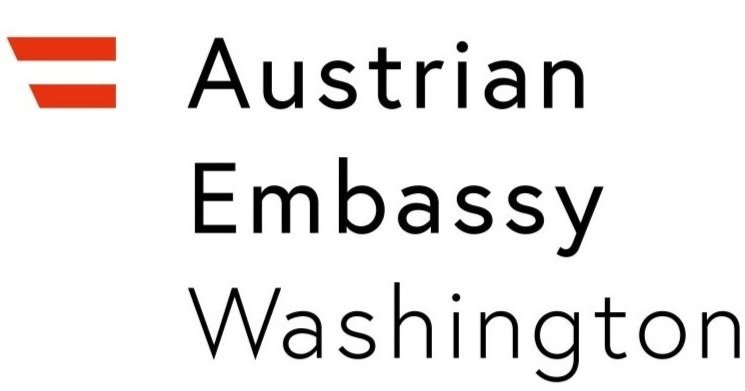Research Security & International Cooperation in Quantum Research
AUSTRIA / Federal Ministry of Education, Science and Research
Tackling Foreign Interference in Science and Research by implementing a strategic approach to building resilience at Austrian Universities, Higher Education Institutions and Research Organizations.
Science and research are inherently open and international. International collaboration is a key driver of scientific progress, contributing to excellence and addressing global challenges. International cooperation in science and research takes place within an increasingly complex and challenging global context.
According to the European Framework for Science Diplomacy “new challenges, such as a strong competition for technological supremacy and sovereignty amongst states as well as concerns revolving around research security have entered the field. In view of the rising geopolitical tensions and the risk of foreign interference, there is increasing awareness among science stakeholders that scientific developments and cooperation are being affected by global politics.”
In recent years, it became evident that knowledge and innovation are contested assets. In consequence, discussions about the rise of unwanted foreign influence intensified, and the increased need to enhance research security emerged.
On the European level, recent initiatives by the European Commission were proposed and implemented under the umbrella of the European Strategy for Economic Security. In May 2024, the Competitiveness Council unanimously adopted its Recommendation on Enhancing Research Security, providing a key reference for EU Member States’ action on the subject. It calls for a coherent approach and enhanced coordination within the European Research Area (ERA).
In a rapidly changing geopolitical context with foreign interference in science and research on the rise, efforts to enhance research security in international collaboration increasingly focus on Quantum Research. The International Year of Quantum Science and Technology in 2025 provides an excellent opportunity to explore a shared approach.
Quantum Technologies are one of the critical technology areas for the EU's economic security, and play a vital role in national security. The Austrian Security Strategy 2024 describes a disruptive potential to “all areas of life”, and continues to assess the current state of play as follows:
“Behind industrial and scientific espionage lies the enormous interest of foreign states in research and technology sectors. Accompanying scientific espionage can also be observed, for example, in the field of quantum technologies.”
Austria is committed to promote excellent, transformative, and innovative basic research, and foster the development of practical applications. Consequently, Austria is investing substantially in funding of Quantum Research, with the objective to strengthen competitiveness and cooperation in this area.
Collaborations however, can only be successful and mutually beneficial if conducted on equal footing in a trusted environment. Trust among universities and research organizations, along with a well-founded sense of security for the researchers, can only flourish when like-minded partners collaborate based on shared values and principles that are documented, incorporated and lived-by.
Such an environment requires addressing existing risks proactively and proportionately.
To identify and mitigate attempts of foreign interference, prevent the harmful transfer of critical knowledge and technologies, and safeguard academic freedom and research integrity, Austrian universities, higher education institutions, and research organizations receive active support from the Ministry responsible for Science and Research in implementing risk management systems, enhancing research security, and strengthening knowledge security.
At the national level, the Austrian Federal Ministry of Education, Science and Research (BMBWF) has already initiated measures and created a reference framework promoting the coherent implementation of structures, tools and actions across all levels and calls for the development of a national approach, striving to achieve harmonized and coherent policies.
Under the strategic concept of a “policy-led and government-assisted” approach, a principle-driven and evidence-based framework is being gradually implemented, following these guiding principles:
responsible, productive, and reciprocal international collaboration
“as open as possible, as closed as necessary”
country-agnostic, supplemented by country-/actor-specific guidelines
The focus remains on building awareness to develop a common understanding and facilitating continuous information exchange among stakeholders. To ensure efficient and effective collaboration, the “Network of Contact Points” was set up. It is the central structure for information exchange, capacity building, and collaboration on the development and implementation of risk management systems to tackle foreign interference in science and research.
This approach enables the participating institutions to take informed decisions, based on a consistent set of measures to mitigate risks and protect against foreign interference. In addition, it provides the umbrella under which the Ministry responsible for Science and Research continues to engage with European and international partners to establish common standards and strengthen the foundations for trustworthy collaboration, especially when working in sensitive and critical technology areas, such as Quantum Research.
After all, academic freedom and building trust in science are not only core prerequisites but also key indicators and levers for protecting the strategic resources of science and research.
For more information, visit https://www.bmbwf.gv.at/en/Topics/researchsecurity.html
Citations:


